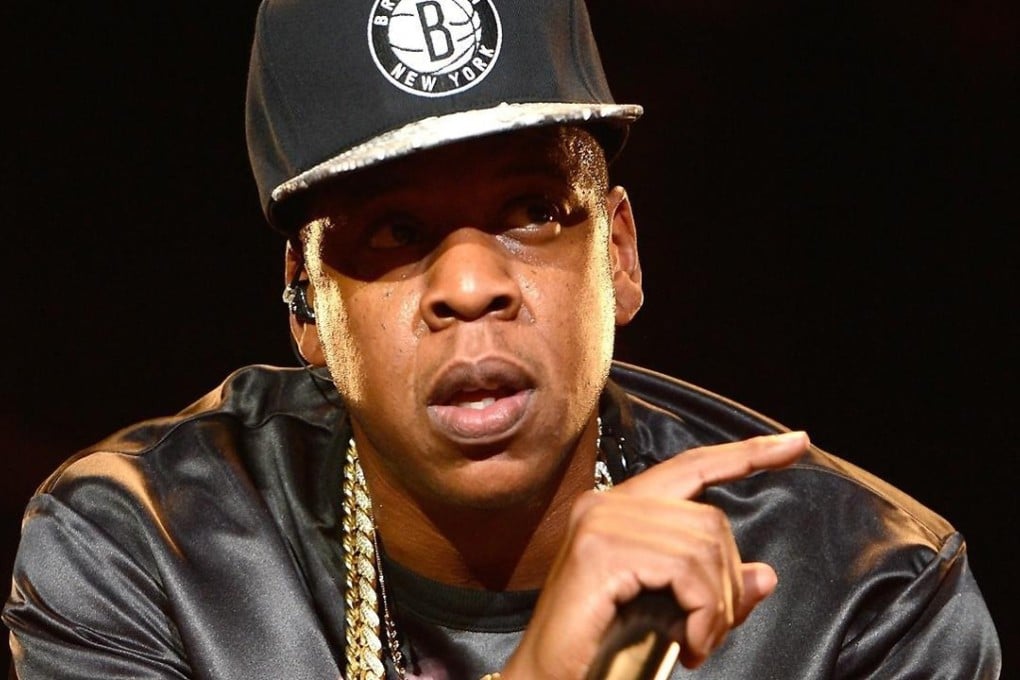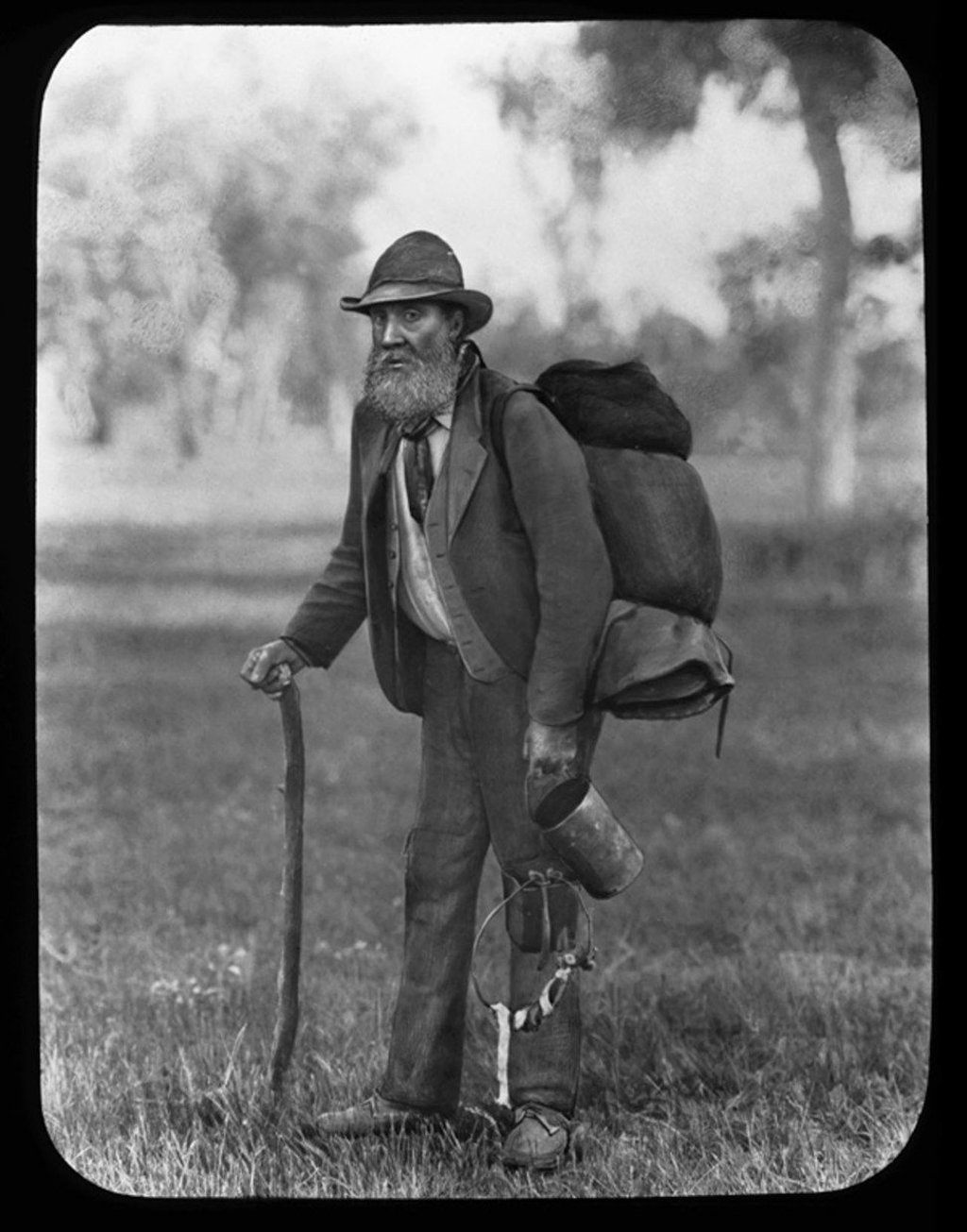Language Matters | Jay-Z is the one who made ‘swag’ cool but guess which famous writer used it first
The 2011 Hip Hop Word of the Year has just been added to the Oxford English Dictionary but the word was first used by none other than Shakespeare

A trendy Hong Kong hotel chain offers guests a “swag bag” – to carry “cleans, dirties … keys, trinkets, treasures, plunders …” and over the years multiple acronyms have been created using “swag” – Stuff We All Get, or Secretly We Are Gay, for instance – but the background to the word is most fascinating.
One etymology lies in the Old Norse sveggja (“to swing or sway”), and more mundane meanings of the word include a loop of window drapery or a depression in land, especially where water collects. But extend the meaning of swaying to encompass an unsteady lurching and things get interesting. The frequentative form of swag is swagger – the verb, meaning “to strut in a defiant or insolent manner”, is first attested in the 1590s, in William Shakespeare’s A Midsummer Night’s Dream (and other works), with the noun meaning “a bold or arrogant strut, confidence, pride”, first documented in 1725.
Another intriguing origin of the word derives from 18th-century British thieves’ cant, referring to a shop and its goods, in particular stolen goods or booty, first recorded in Francis Grose’s 1811 Dictionary of the Vulgar Tongue and used in Charles Dickens’ 1838 novelOliver Twist. Swag as booty extended in the late 20th century to encompass free merchandise distributed to promote a product or company.

In Australia, swag’s meaning shifted to become a collection of possessions and basic necessities carried by one travelling, usually on foot, in the bush, especially an itinerant worker’s blanket-wrapped roll lugged on the back or across the shoulders. The meaning change – to the booty plus its container – was recorded in 1812 by English convict James Hardy Vaux as he was serving time in New South Wales (and later in his 1819 memoirs). The earliest citation occurs in The Sydney Herald in 1841; and the bush song Waltzing Matilda immortalises the “jolly swagman”. By extension, swag has also come to mean a small single-person tent, foldable into a backpack.
Fast-forward to the new millennium for swag to break into North American youth repertoire. Used first (arguably) by American rapper Jay-Z in 2003, swag – clipped from swagger (swagga in hip hop), meaning “bold self-assurance, style, attitude, cool” – became hip hop artists’ most desired trait through the late 2000s.
